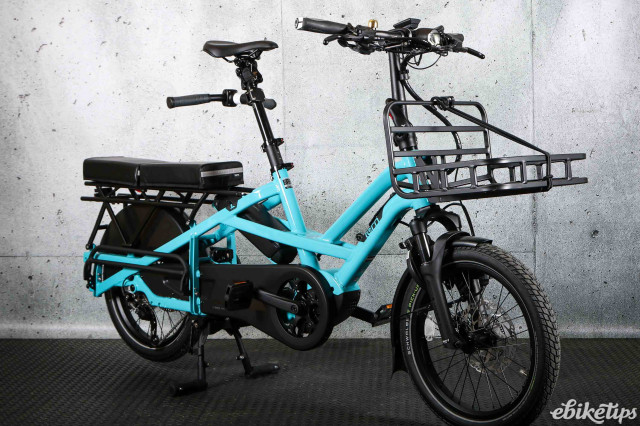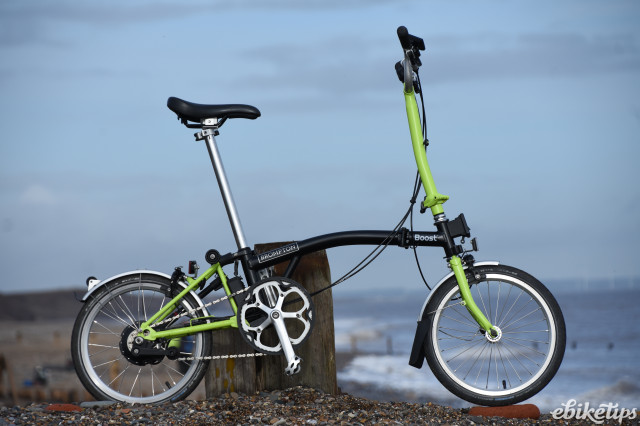A new report has found that 11 per cent of Britons are more likely to use or buy an e-bike now than they were before the Covid-19 pandemic. This is however a smaller percentage than in Europe as a whole where several nations have been offering e-bike subsidies to encourage uptake.
Shimano’s third State of the Nation report takes a look at e-bikes’ place in society and how Covid-19 has influenced consumer interest. It saw over 14,000 people questioned in 12 European countries.
While around one in ten Britons has warmed to e-bikes since the first lockdown, 27 per cent of Europeans said they were more likely to use or buy an e-bike now than before the pandemic.
Nearly half (46 per cent) said they would buy or use an e-bike as an alternative to a car. However, despite e-bikes being considerably more affordable, 54 per cent still see cost as a barrier.
> Halfords calls for Government to bring in e-bike grants and subsidies
Researcher and journalist Laura Laker commented: “E-bikes are powerful car trip replacements for those with access to one, cutting carbon emissions and air pollution for a fraction of the cost of electric cars. Yet in many countries – like the UK, where e-cycle uptake is very low indeed – e-cycles are the only electric vehicle that doesn’t yet have a purchase subsidy to encourage greater use.”
In France, people can get a €2,500 e-bike subsidy if they trade-in an old car, while Lithuania has extended a scheme that allows people to get €1,000 for an old car to put towards an e-bike.
In the UK, government grants are available for plug-in cars, motorbikes, vans, taxis and trucks, but not currently for e-bikes. There has been talk of extending the scheme to deliver a 30 per cent discount for e-bike buyers, but nothing has yet transpired.
Another issue holding potential buyers back is infrastructure. The report emphasises that despite an e-bike boom across Europe since the start of lockdowns, it has generally only been when local authorities and national governments have improved cycling infrastructure that the public have become more willing to take active travel options.
Roman Meliška, a business consultant focused on active urban mobility, points to Paris’s creation of hundreds of kilometres of post-lockdown cycleways as an example of how e-bike use can be encouraged.
“Not feeling safe on the current cycling infrastructure ranks among the very top reasons across all 12 countries as to why not to ride around the city on an e-bike,” he said. “What Paris and others are doing is a masterclass worth following.”





